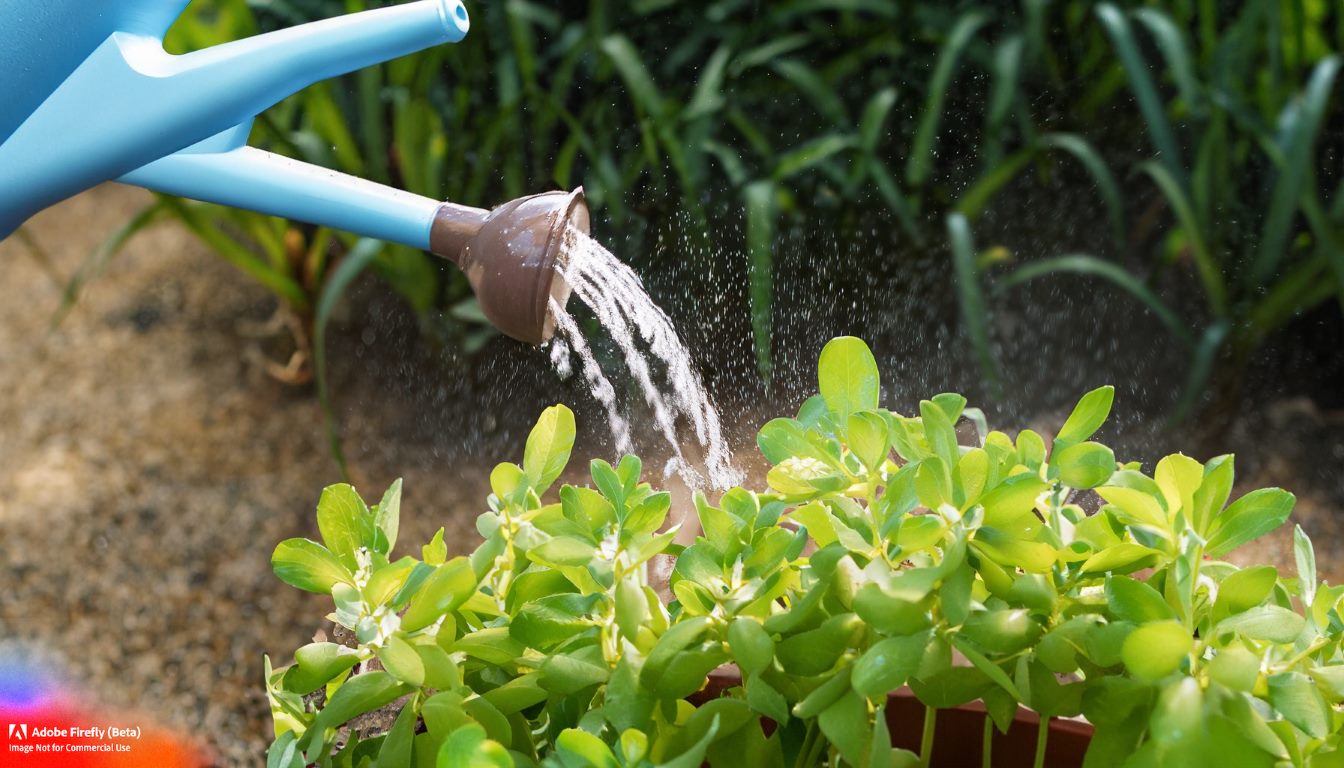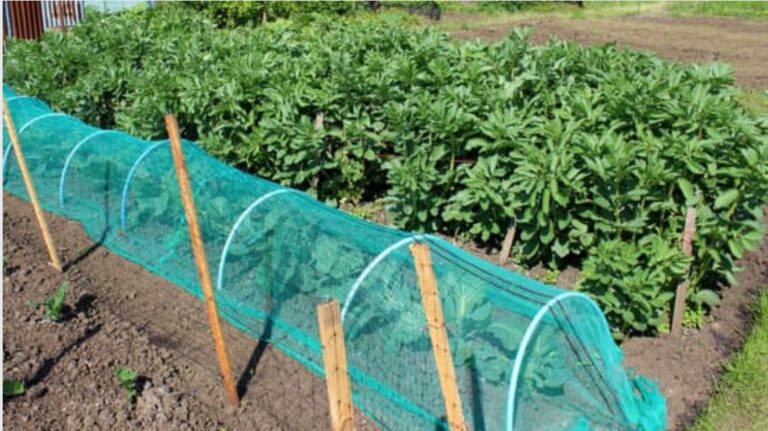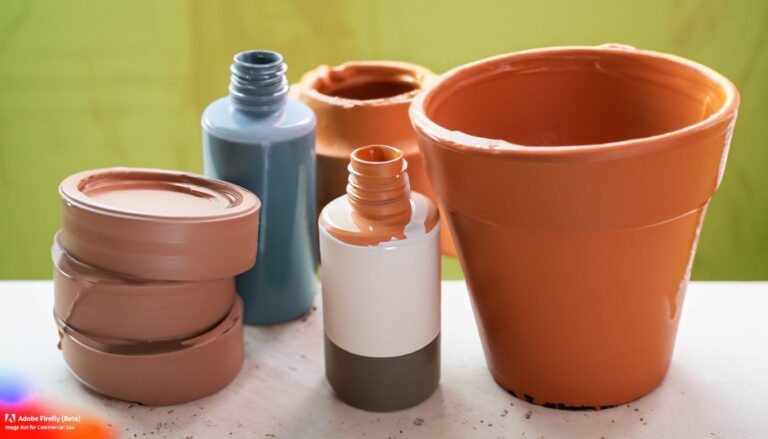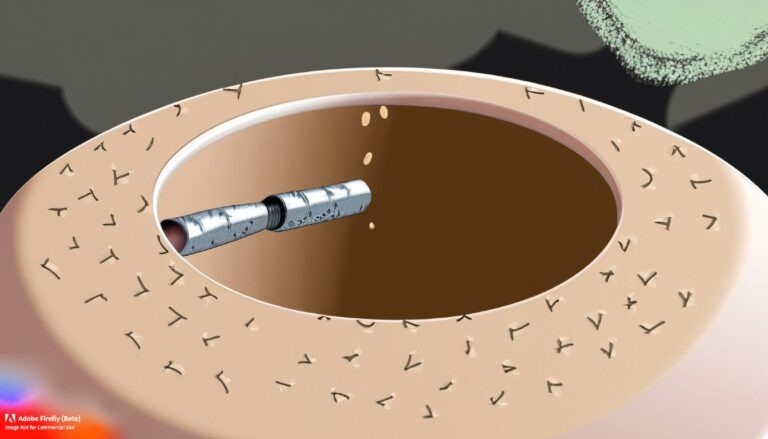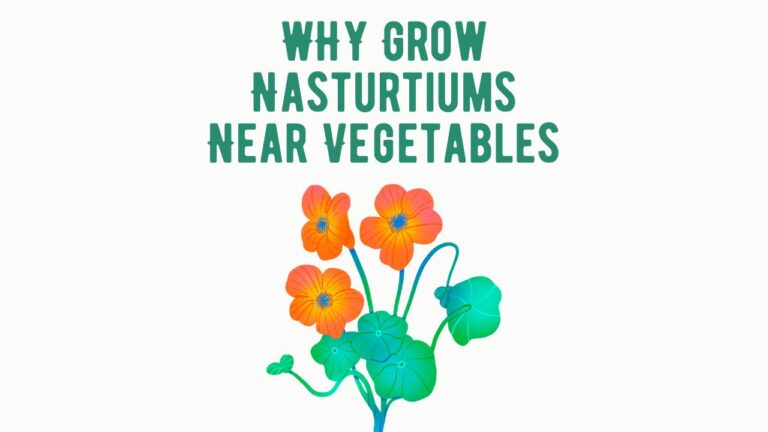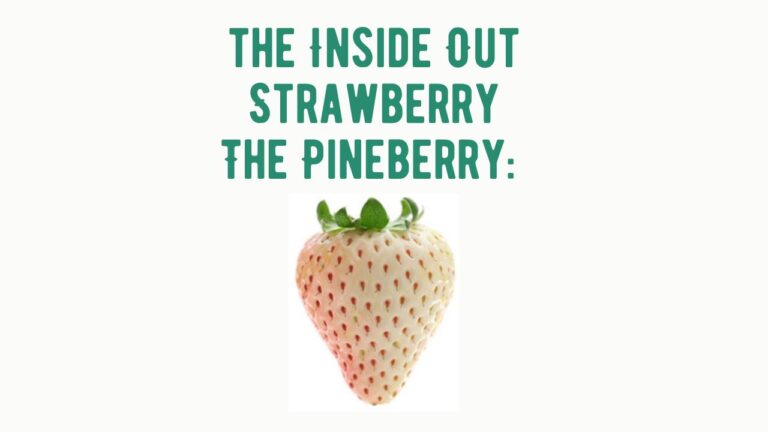Is Sugar Good for Plants? Effects of Watering Plants with Sugar Water
Gardeners and plant enthusiasts often wonder whether sugar is beneficial for plants. Can watering plants with sugar water enhance their growth and overall health? In this article, we will delve into the effects of using sugar water on plants and discuss alternative methods for plant nutrition.
Plants require various nutrients to thrive, including water, sunlight, and essential minerals. While sugar is a common ingredient in our kitchens, its role in plant nutrition is often questioned. Let’s explore whether sugar is beneficial for plants or not.
Is Sugar Good for Plants?
Sugar, in the form of glucose, is produced naturally by plants through photosynthesis. It serves as an energy source for plants, supporting their metabolic activities. However, watering plants with sugar water is not a natural or recommended method of supplying nutrients.
When to Avoid Sugar Water
While sugar water may seem like a quick and easy solution, there are instances when it is best to avoid using it:
- Healthy Plants: If your plants are already healthy and receiving adequate nutrients, there is generally no need to supplement their diet with sugar water.
- Soil Quality: Sugar water can disrupt the soil’s balance of nutrients. If your soil is already nutrient-rich, avoiding sugar water is best.
- Susceptible to Pests: Sugar water can attract pests like ants and aphids. If your plants are already prone to pest infestations, sugar water may exacerbate the problem.

Alternative Methods for Plant Nutrition
Instead of relying on sugar water, there are several alternative methods for providing plants with the nutrition they need:
- Organic Compost: Use organic compost to enrich the soil and provide a balanced supply of nutrients to your plants.
- Commercial Fertilizers: Choose high-quality fertilizers specifically formulated for different types of plants. These fertilizers contain essential nutrients needed for healthy growth.
- Natural Amendments: Incorporate natural amendments, such as well-composted manure or seaweed extracts, into the soil to enhance its fertility.
- Proper Watering and Sunlight: Ensure your plants receive sufficient water and sunlight, as these are crucial factors for their growth and well-being.

Watering Plants with Sugar Water and Its Effects
Watering plants with sugar water is believed by some gardeners to provide certain benefits. However, it is important to note that scientific evidence supporting these claims is limited. Some potential effects include:
- Temporary Energy Boost: In specific situations like transplant shock or recovery from drought, sugar water may offer a temporary energy boost to plants.
- Attracting Pollinators: The sweet scent of sugar water may attract pollinators, such as bees and butterflies, which can aid in pollination and increase fruit or seed production.
- Microbial Activity: Sugar can act as a food source for beneficial soil microorganisms, potentially enhancing microbial activity and indirectly benefiting plants.
Sugar Water Promotes Microbial Growth
Watering plants with sugar water can create a favorable microbial growth environment, including beneficial and harmful microorganisms. While some beneficial microbes may contribute to nutrient cycling and soil health, excess sugar can also promote the growth of harmful fungi and bacteria. Therefore, it is important to exercise caution when using sugar water.

Conclusion
In conclusion, while watering plants with sugar water may offer certain temporary benefits, it is not a recommended long-term solution for plant nutrition. The potential risks of imbalanced nutrient uptake and increased susceptibility to pests and diseases outweigh the limited benefits. It is best to focus on natural methods of plant nutrition, such as organic compost and appropriate fertilizers, to ensure the health and vitality of your plants.
Tips Before You Go
- Observe Plant Needs: Pay attention to the specific nutrient requirements of your plants and provide them with appropriate fertilizers accordingly.
- Monitor Soil Quality: Regularly test the soil to ensure it has the necessary nutrients for plant growth.
- Practice Integrated Pest Management: Implement strategies to manage pests effectively without relying on sugar water.
- Maintain Proper Watering: Provide plants with consistent and adequate water, taking into account their specific needs.
- Seek Professional Advice: Consult with local horticulturists or gardening experts for personalized guidance on plant nutrition and care.
Answering Common Questions About Sugar and Plants
As the use of sugar water for plants is a topic of interest among gardeners, several questions arise regarding its effects and suitability. This section addresses some common queries and provides insights into the relationship between sugar and plants.
What Happens If You Put Sugar Water in a Plant?
Watering a plant with sugar water can have both potential benefits and risks. Sugar water may provide a temporary energy boost to the plant, attract pollinators, and enhance microbial activity in the soil. However, excessive use of sugar water can disrupt the nutrient balance, leading to imbalances and deficiencies in the plant’s overall nutrition. It can also attract pests and create an environment conducive to the growth of harmful fungi and bacteria.
How Much Sugar Do You Put in Water for Plants?
If you choose to use sugar water, it is important to exercise caution and moderation. A common recommendation is to mix 1-2 tablespoons of sugar per gallon of water. However, it is crucial to note that the specific needs of plants can vary, and it is advisable to consult plant-specific guidelines or seek expert advice.
Is Sugar Water Better Than Water for Plants?
Sugar water is not inherently better than plain water for plants. While it may offer some temporary benefits under specific circumstances, such as providing an energy boost or attracting pollinators, it is not a substitute for proper plant nutrition. Plants require a balanced combination of essential nutrients, including macronutrients and micronutrients, which cannot be fulfilled by sugar alone.
Is Sugar a Good Fertilizer?
Sugar alone is not considered a suitable fertilizer for plants. Fertilizers are formulated to provide a balanced mix of essential nutrients required for plant growth and health. While sugar can act as a temporary energy source, it does not offer the full range of nutrients necessary for optimal plant development.
Does Sugar Water Help Flowers Live Longer?
The addition of sugar to water can potentially extend the lifespan of cut flowers. Sugar acts as a source of energy for the flowers, allowing them to continue cellular processes and delay wilting. However, it is important to note that this practice is typically relevant to cut flowers in vases rather than plants growing in the soil.
Does Sugar Increase Plant Growth?
Sugar alone does not directly increase plant growth. Plant growth is influenced by various factors, including nutrient availability, sunlight, water, and genetic factors. While sugar can provide a temporary energy boost, it is not a substitute for proper plant nutrition and the overall requirements for healthy growth.
Is Sugar Good for All Plants?
The suitability of sugar for plants can vary depending on the specific plant species and its nutritional needs. Different plants have distinct nutrient requirements, and not all plants will benefit from the addition of sugar water. It is essential to research and understand the specific needs of each plant before considering the use of sugar water.
What Plants Use Sugar For?
Plants produce sugar, in the form of glucose, through photosynthesis. This sugar serves as an energy source for various metabolic processes within the plant, supporting growth, reproduction, and overall development. However, plants primarily produce and utilize their own sugars rather than relying on external sources like sugar water.
Can Plants Absorb Sugar?
Plants can absorb and utilize sugar produced through their own photosynthesis. However, the absorption of external sugar, such as sugar water, is not a natural method of nutrient uptake for plants. Plants primarily absorb essential nutrients from the soil through their root systems.
Is Salt OK for Plants?
Salt can have detrimental effects on plants if present in excessive amounts. High salt concentrations can interfere with the water uptake and nutrient absorption processes in plants, leading to dehydration, wilting, and even death. It is important to maintain appropriate salt levels in the soil to ensure the health and well-being of plants.
Does Sugar-Rich Water Make Plants Healthier?
Understanding that sugar-rich water does not automatically make plants healthier or promote their growth is essential. Plants require a balanced combination of various nutrients, and relying solely on sugar water can disrupt this balance, leading to nutrient deficiencies and other potential issues.

